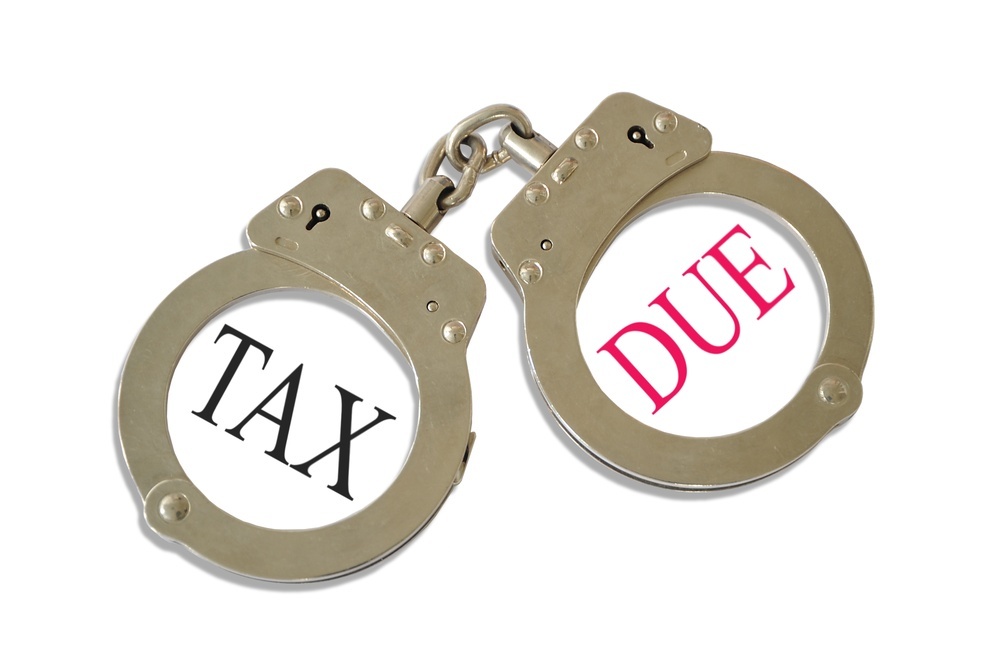People come out with many ways to evade tax, like undervaluing property while buying or selling, paying in cash, open accounts in multiple banks and branches to save tax on interest, use spouse’s name for transacting etc. This list is endless and new ways are being invented each day to save up some money. But how successful are these evaders in comparison to the changed rules and technology adopted by the Income Tax department. To increase tax compliance, many initiatives have been put in place like the Tax Information Network (TIN), mandatory quoting of Permanent Account Number (PAN) and filing of Annual Information Return (AIR).
In the grip of TIN
This was the initiative launched in the year 2004-05 as a part of e-governance push. Prior to introduction of this network, the only way to compare taxes paid and declared was the Form 16 issued by the deducting agency, like the employer or banks etc. However there was no way to check whether the tax deducted was deposited and when. Hence through the information network, all Tax Deduction at Source (TDS) had to be intimated quarterly with Permanent Account Numbers (PAN) of the deductees. This, in turn is cross checked with the Tax Returns filed and income is assessed accordingly. Tax deducted at source is mostly at the base rate of income tax and it is up to the individual to pay up additional tax according to his income. With information filed at the TIN, it is very easy to assess, if tax paid is commensurate to the income received. TDS net has increased to bring all tax evasive transactions, so there are hardly any payments that you might receive without Tax being deducted at source.
You are in the PAN everywhere
Quoting your PAN is mandatory everywhere, whether it is opening a bank account, demat account, investing in Public Provident Fund, mutual funds or carrying out a high value transaction. Under Know Your Customer (KYC) norms, providing your PAN and proof of address is mandatory for carrying out all the above mentioned transactions. Even for carrying out a simple transaction such as a Systematic Investment Plan of a mutual fund, KYC is a must. This is a step towards weeding out money laundering, terrorist funding, thefts etc. With provision of PAN, all transactions leave a digital trail which is easily traceable.
There is AIR in high value transactions
Salaries and interest payments are Tax Deducted at Source, does it mean that other high value transactions remain off the net? Around the same time as the TIN, another initiative that the tax department implemented was requirement of provision of details under the Annual Information Return.
Mutual Fund houses, banks, credit card issuers, registrars, companies and even the Reserve Bank of India is under mandate to file Annual Information Return every year. The information filed by them would be transactions above a specified ticket value with details of individuals who performed these transactions. Each year the Central Board of Direct Taxes comes out with a list of transactions that would need to be informed under the return. Currently the transactions that need reporting are
- Cash deposits of Rs 10 lakh and above
- Credit card bills of Rs 2 lakh and above
- Mutual fund investment of Rs 2 lakh and above
- Purchase of bonds/ debentures worth Rs 5 lakh and above
- Purchase of stocks worth Rs 1 lakh and above
- Purchase of immovable property worth Rs 30 lakh and more
- Sale of immovable property worth Rs 30 lakh and above
- Purchase of RBI bonds worth Rs 5 lakh and above
On the other hand individuals are also required to declare such high value transactions with their Income Tax Returns in the form of Annual Information Return. It is good to note that there is no way of escaping here, as these transactions are already reported to the Income Tax Department by agencies where you carried out these transactions. Only one AIR can be filed by an individual in a year.
Suppose you bought a high value designer watch costing Rs 5lakh and paid the amount with your credit card. As a part of AIR, the credit card issuer discloses this to the IT department and if you do not have income sources corresponding to the amount in question, you might have to explain the source to the IT authorities.
One may also be subject to Income Tax scrutiny in case of mismatch in figures filed in AIR by you and the agency. It is always essential that you retain proofs or income, bank statements, and other details corresponding to high value transactions and produce the same when asked for. Tax experts advise individuals to save these documents for a minimum period of 6 years.
Questions have also been raised on the low threshold of reporting like investing Rs 2 lakh in mutual funds or spending 2 lakh on credit card in a year may be common for many honest tax payers too. However, fret not, as long as you have sources of legitimate income to explain your expenses, paid taxes for the same and filed returns, you have nothing to worry about. And those tax evaders, remember, you can’t escape the taxman!!
